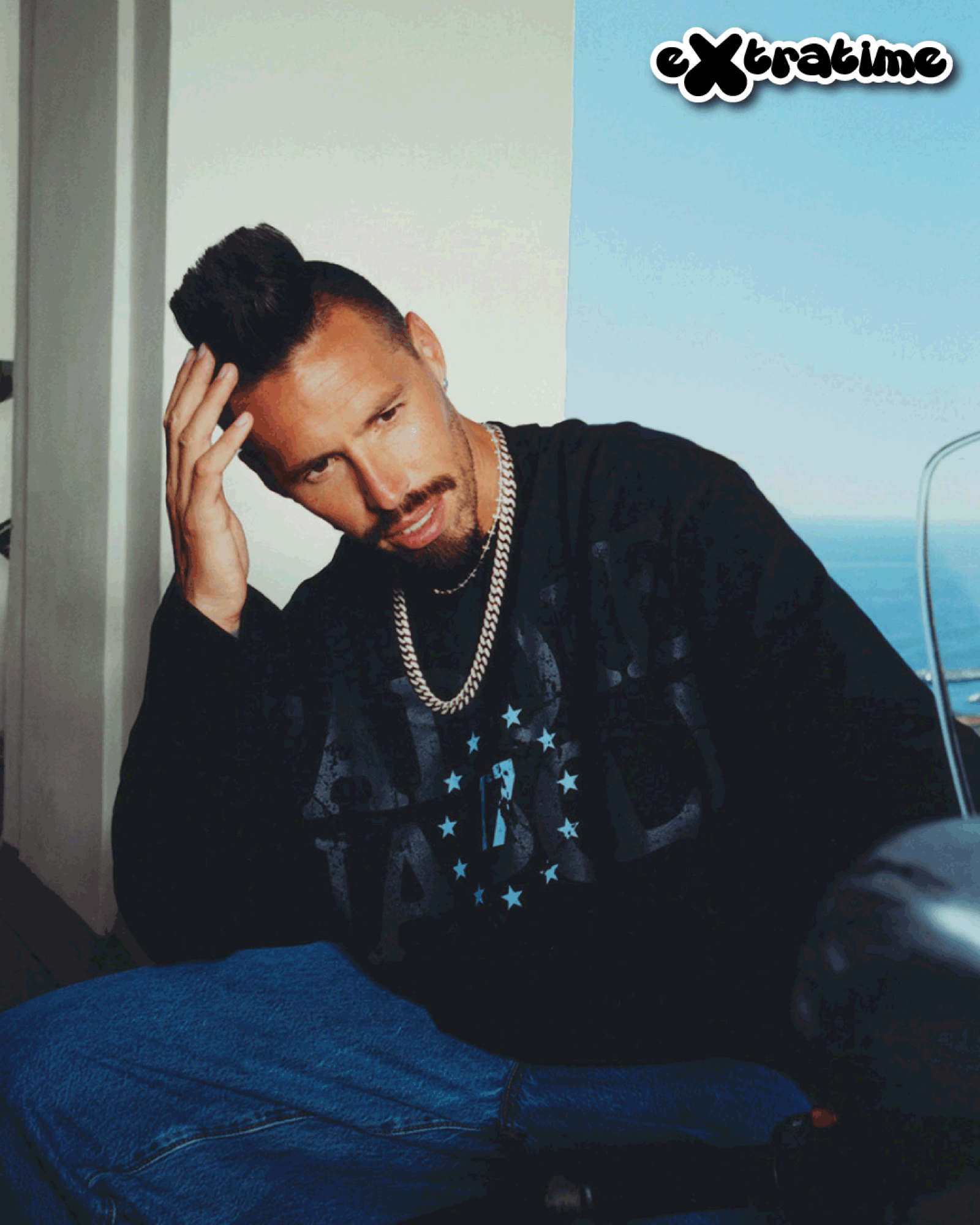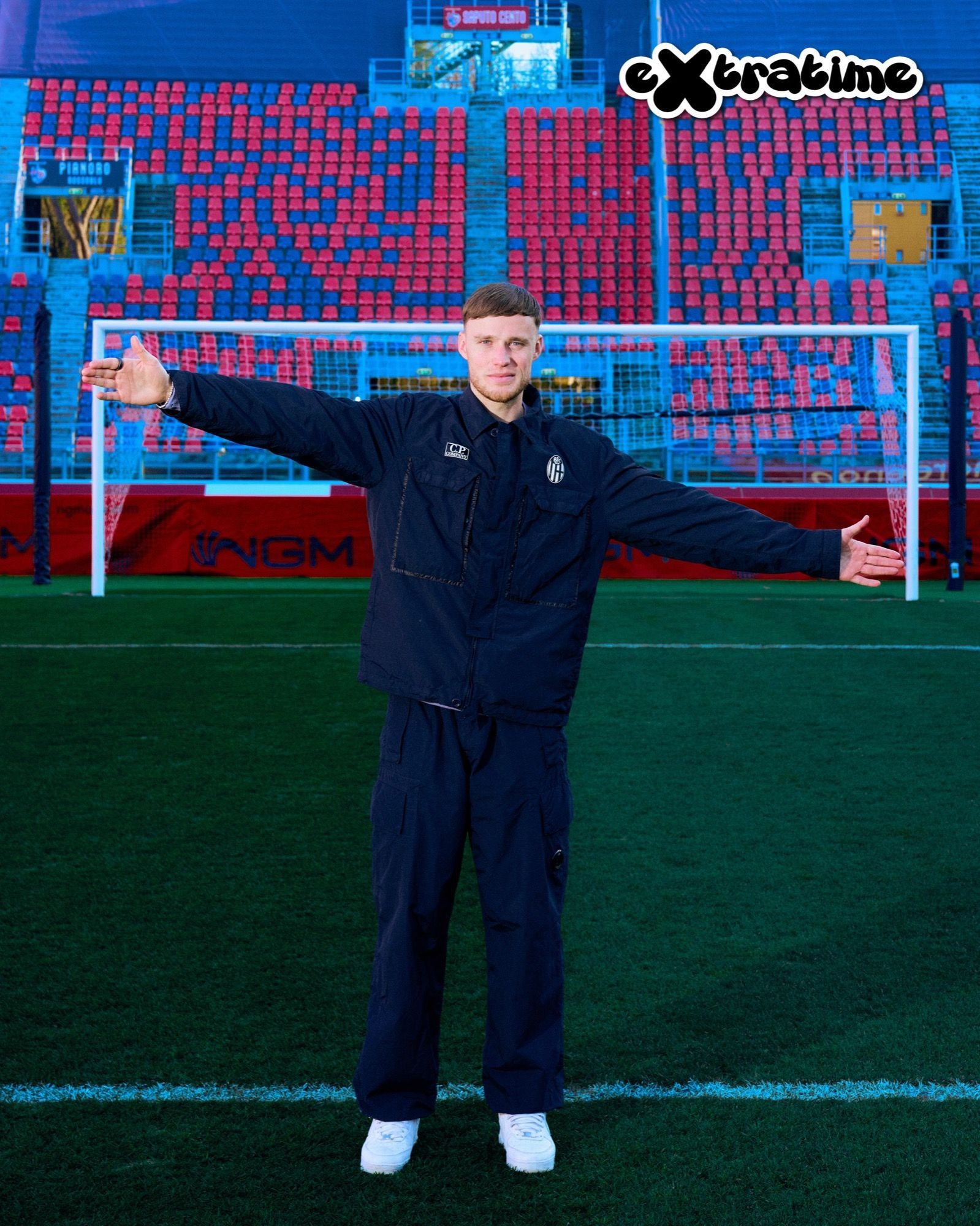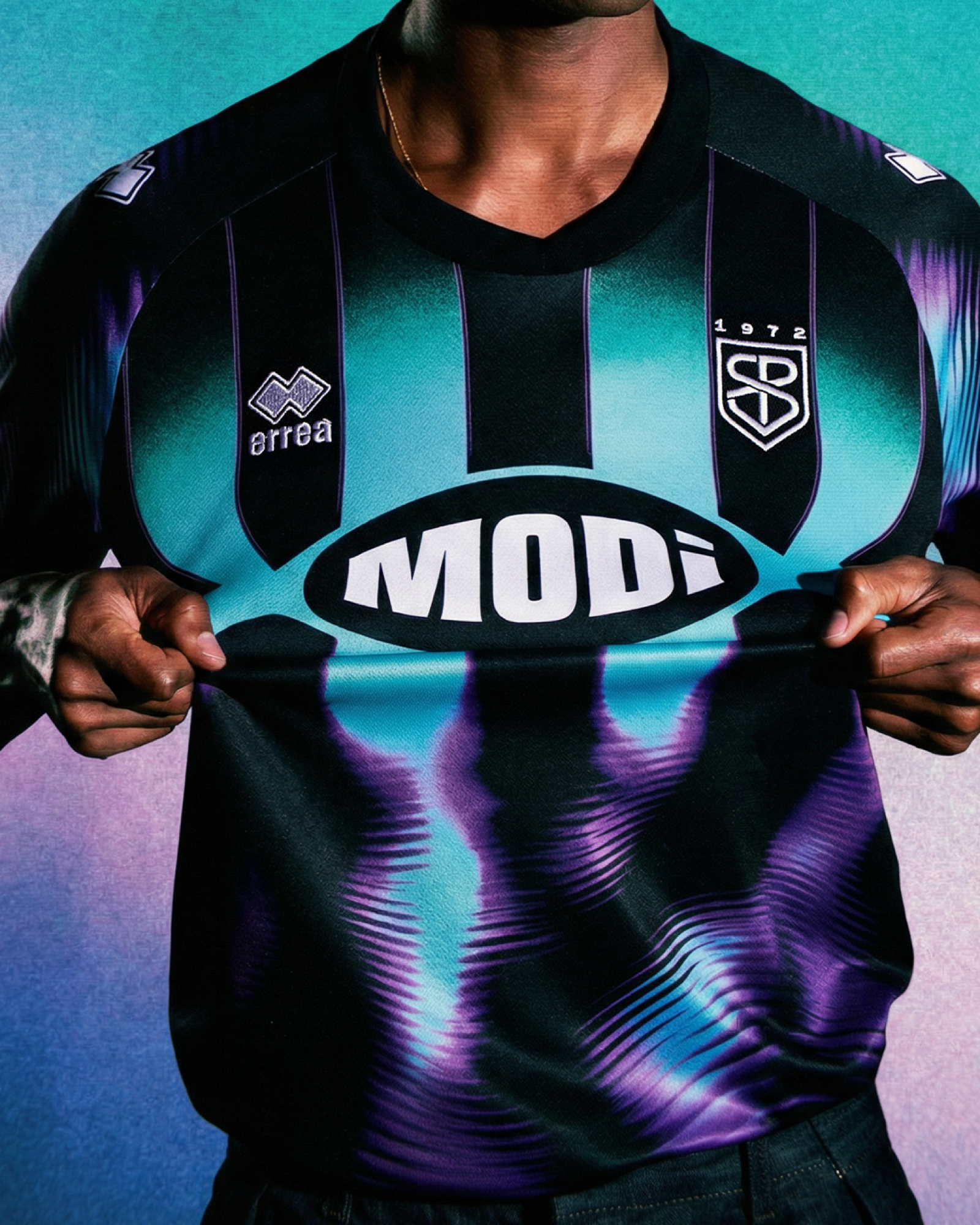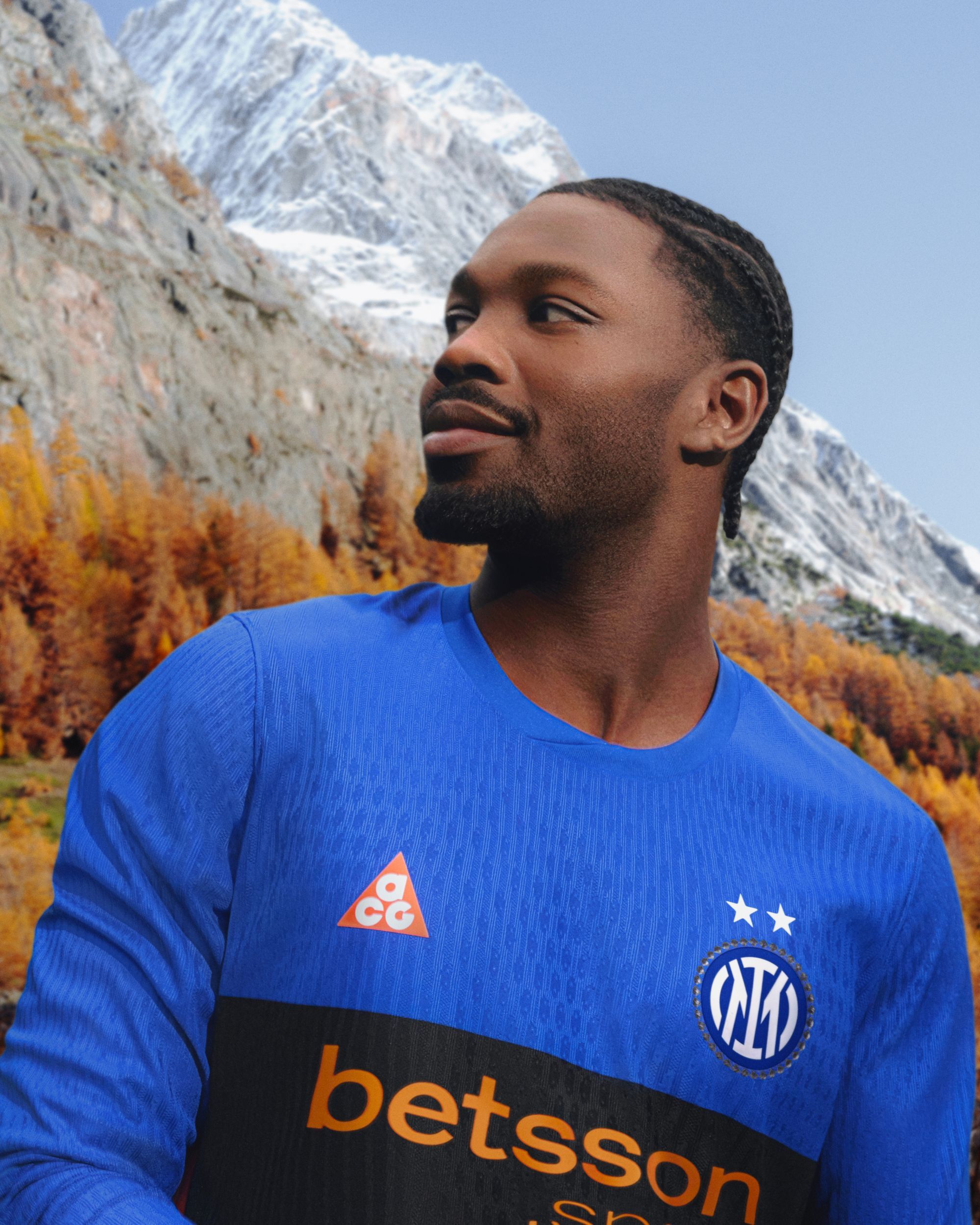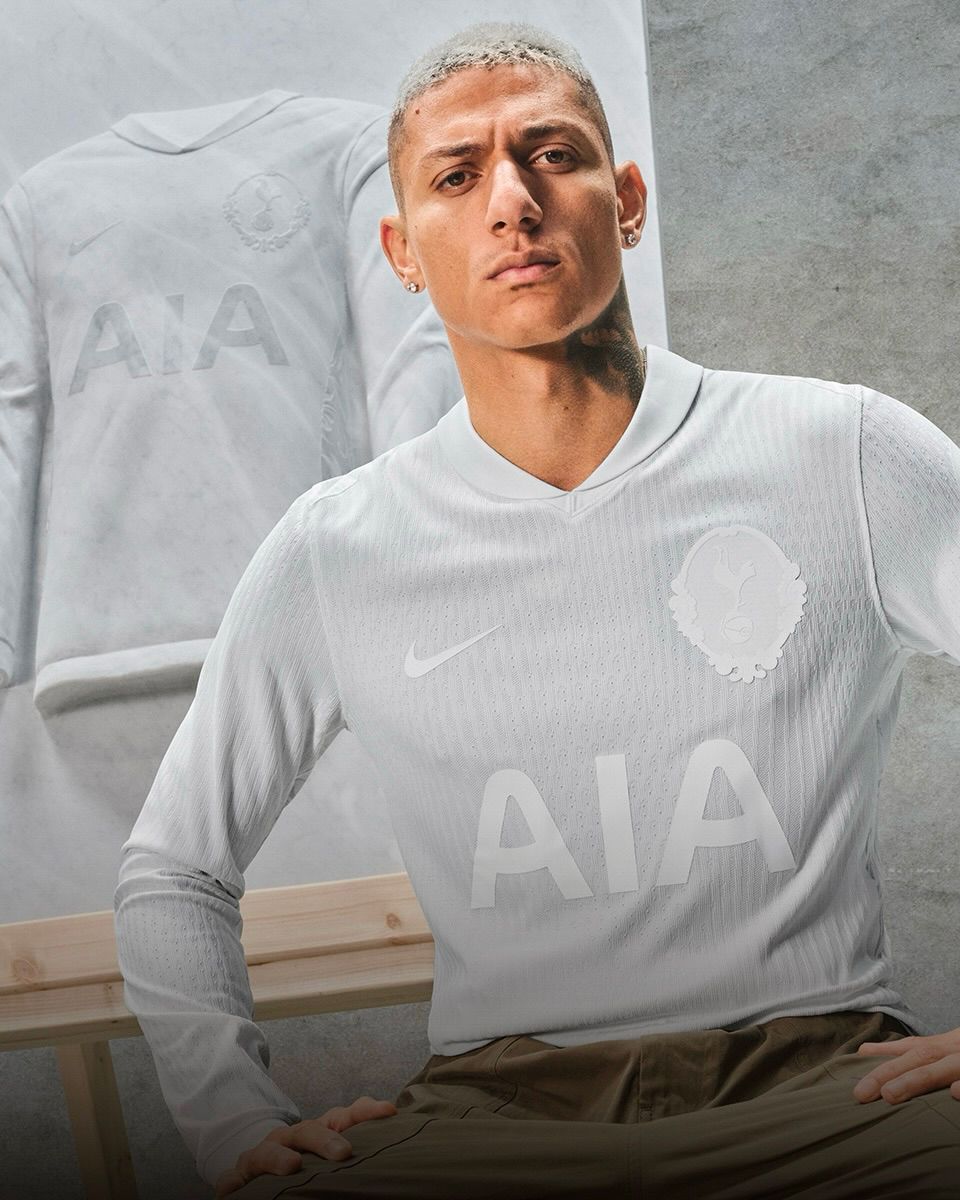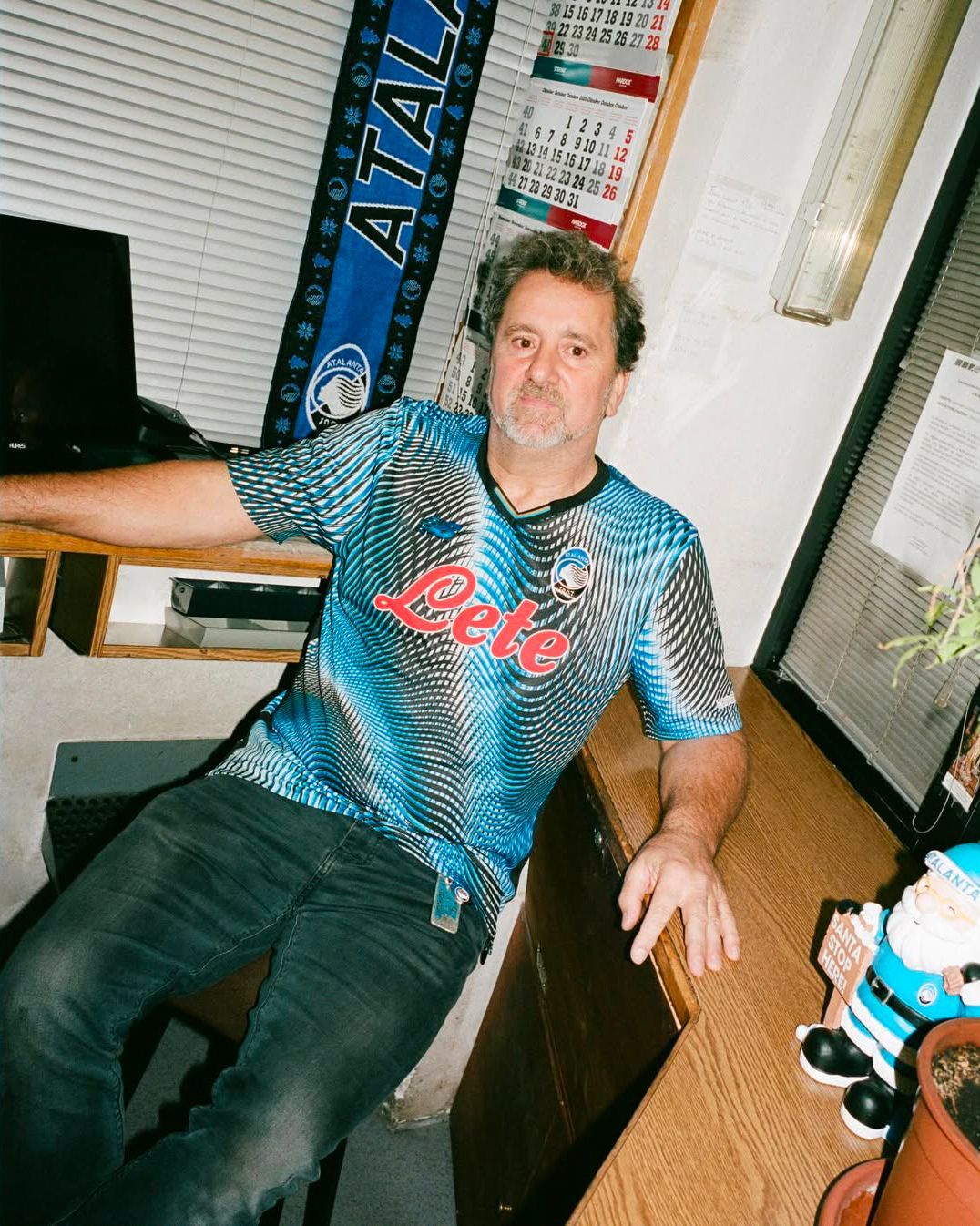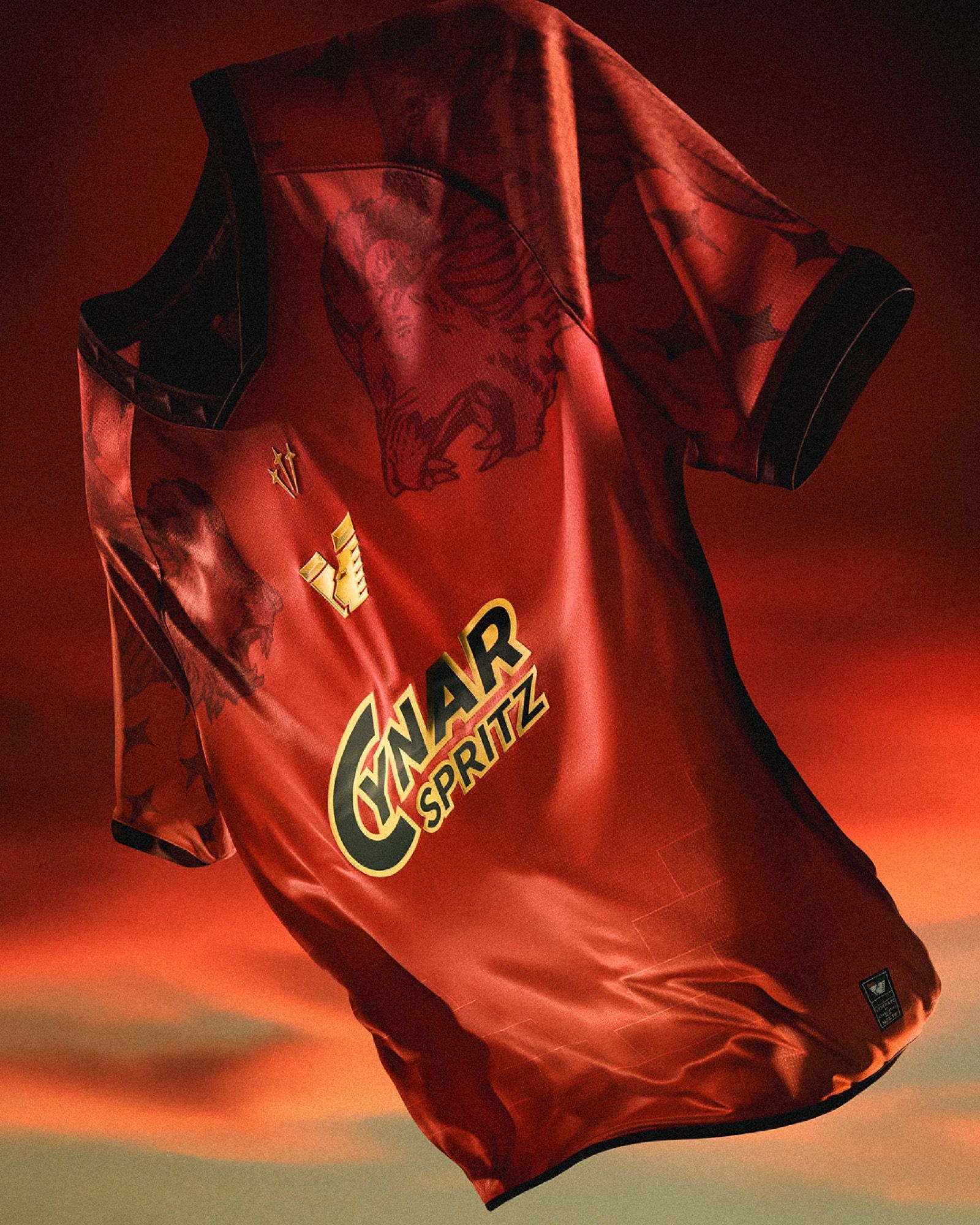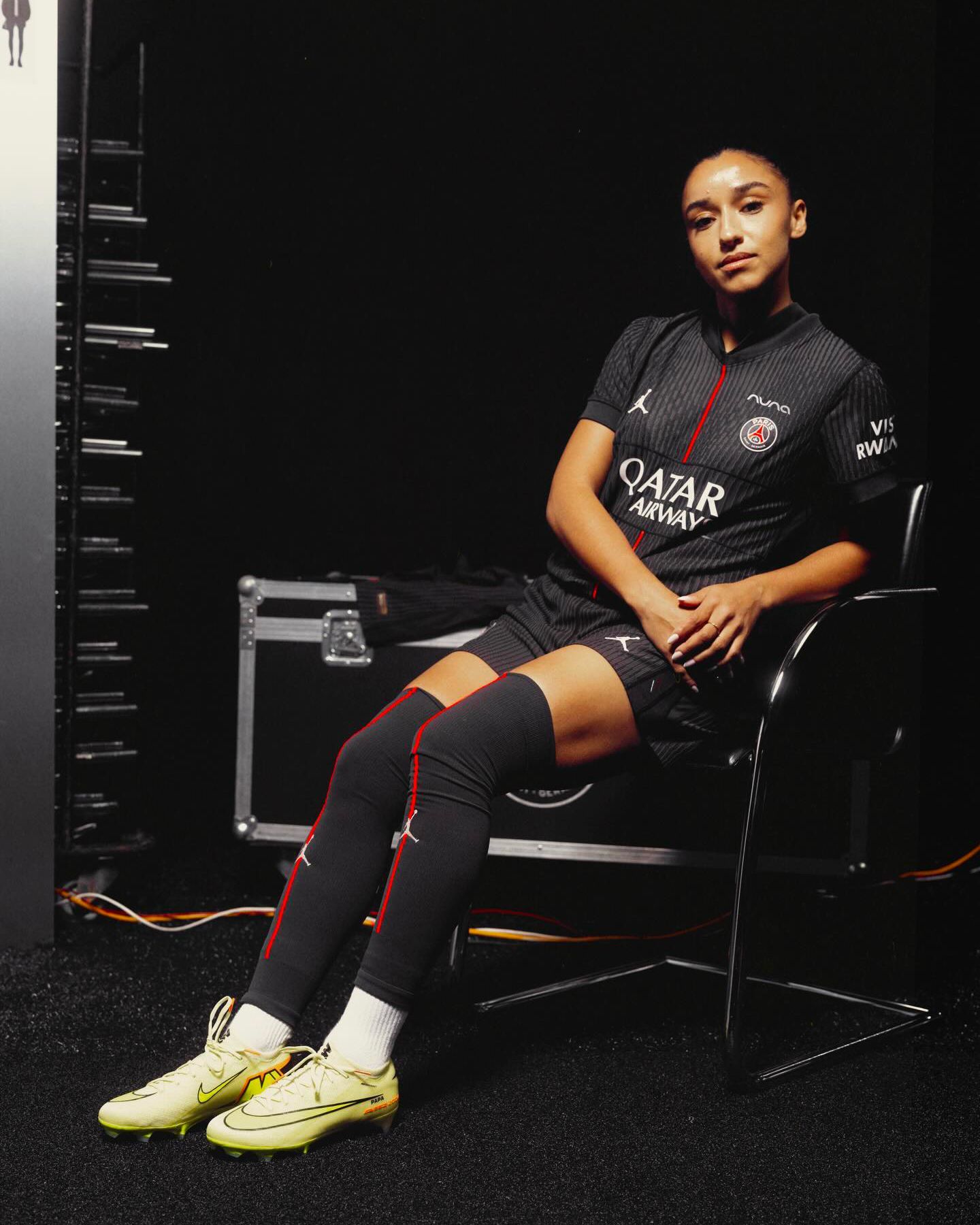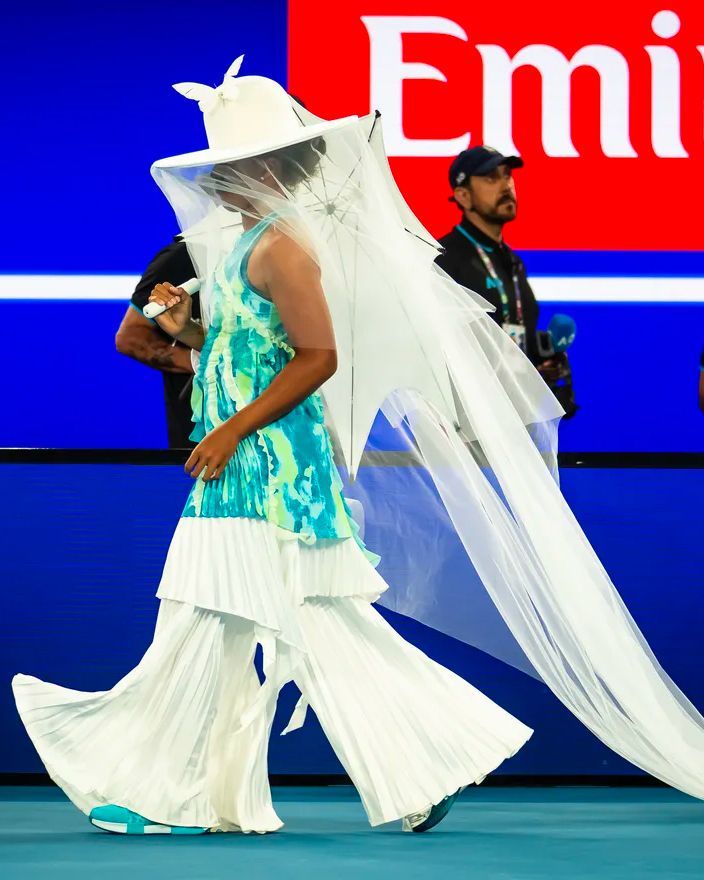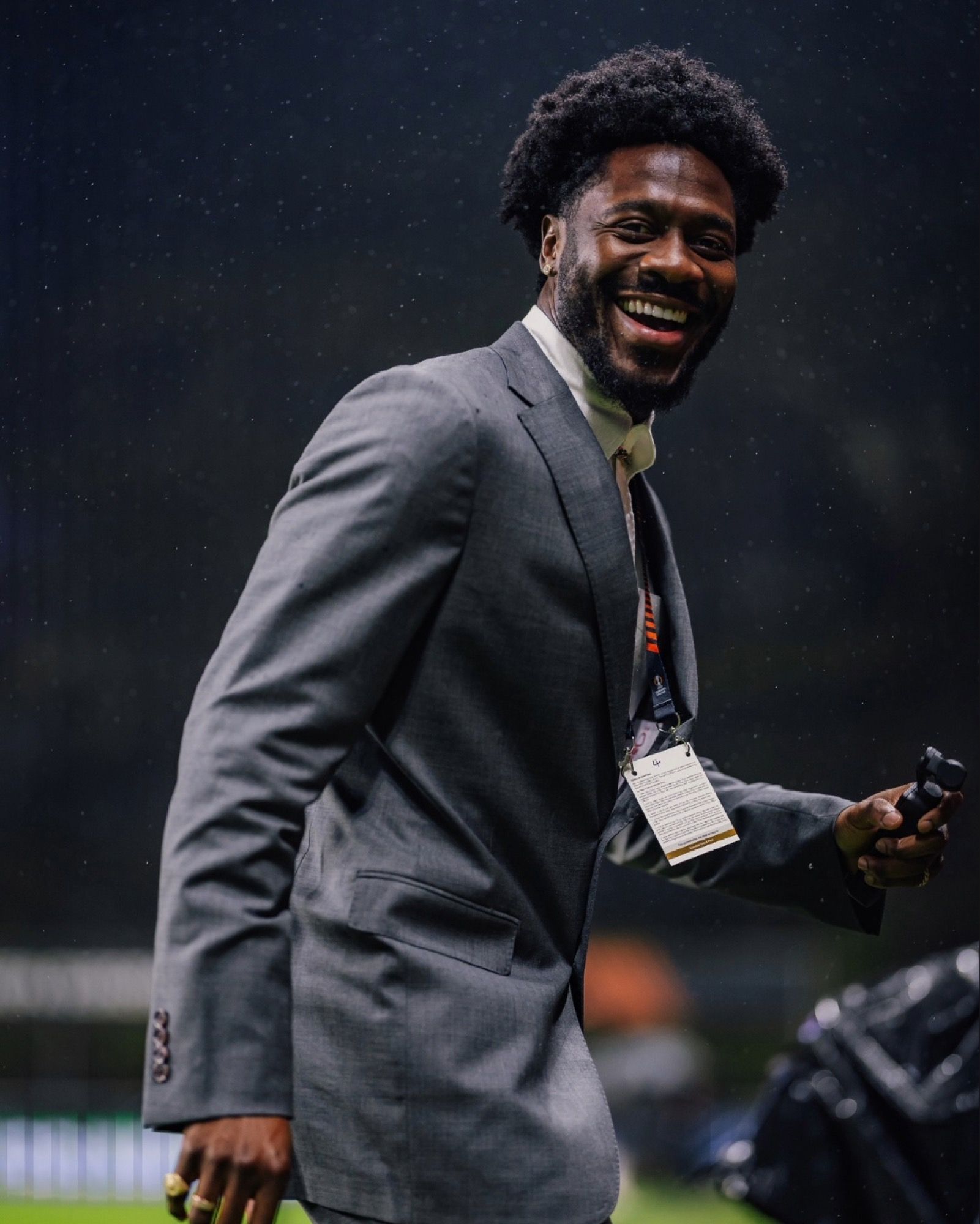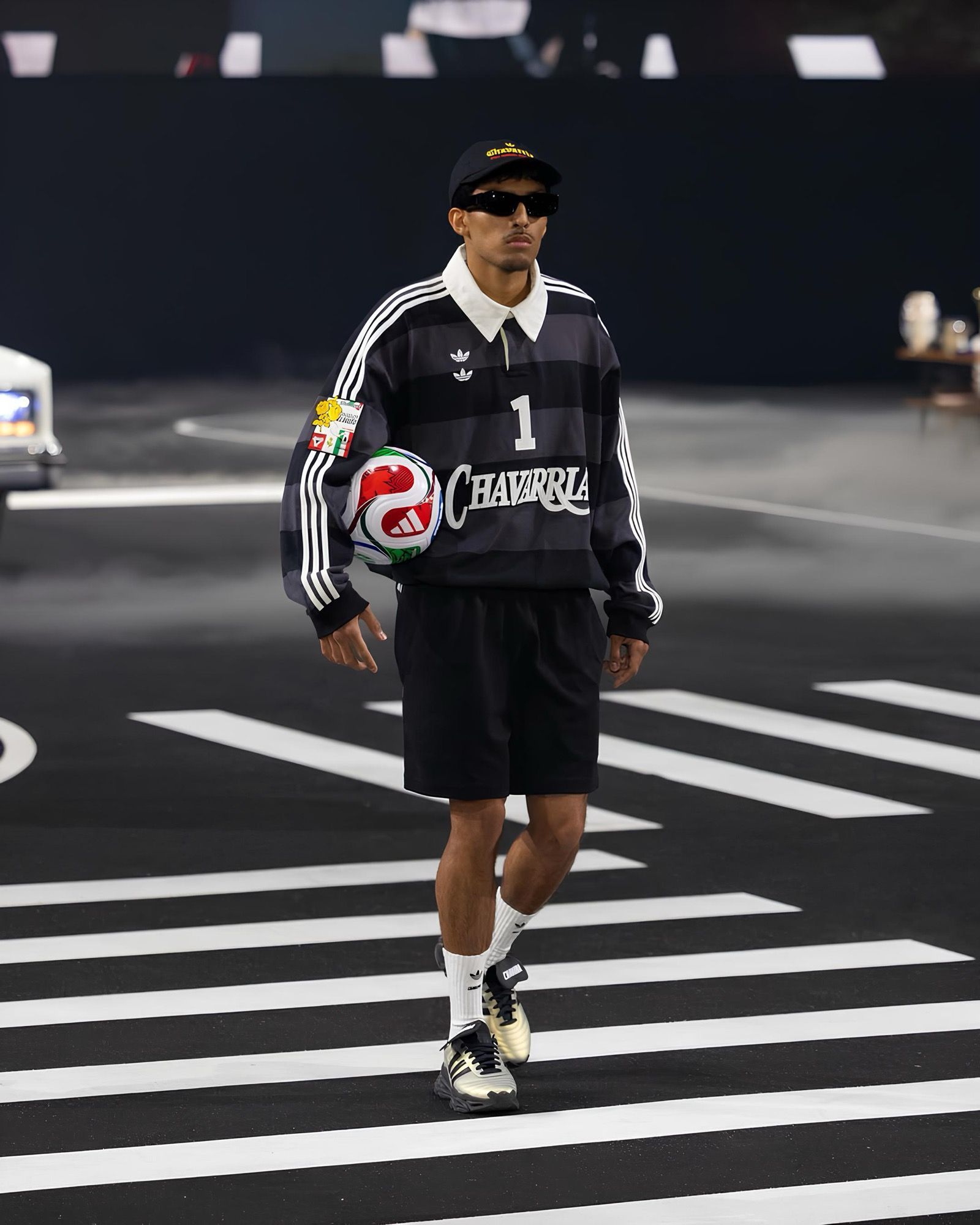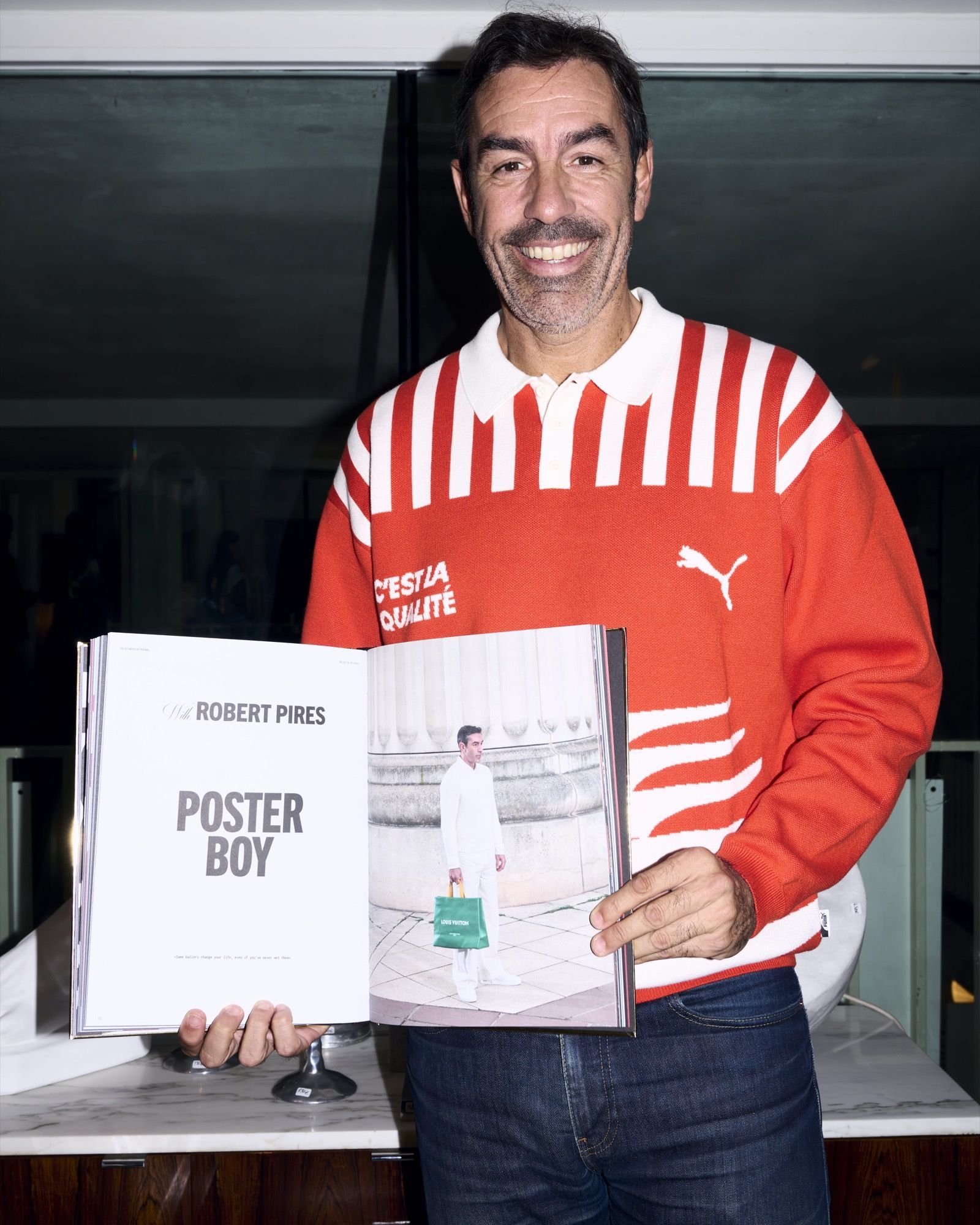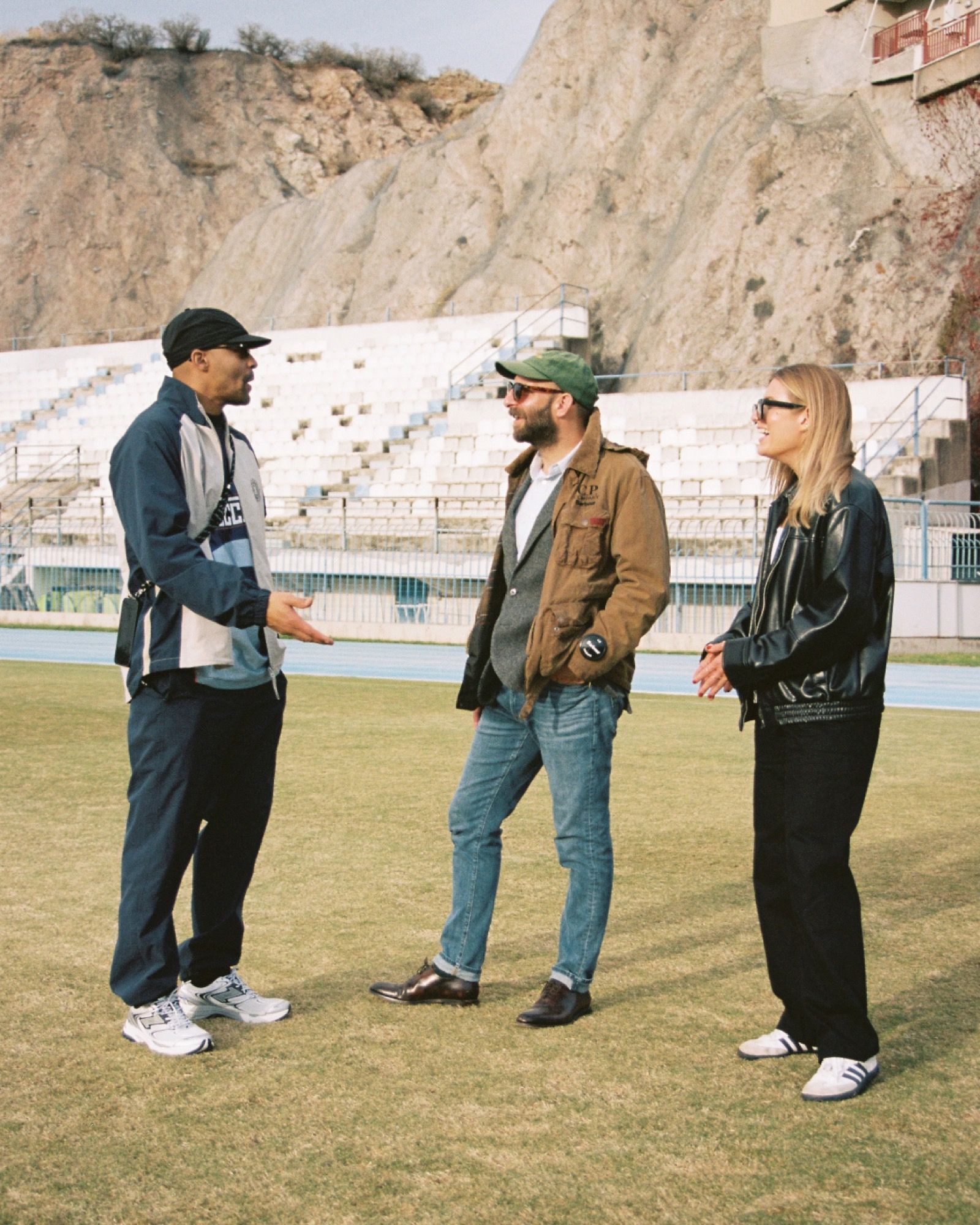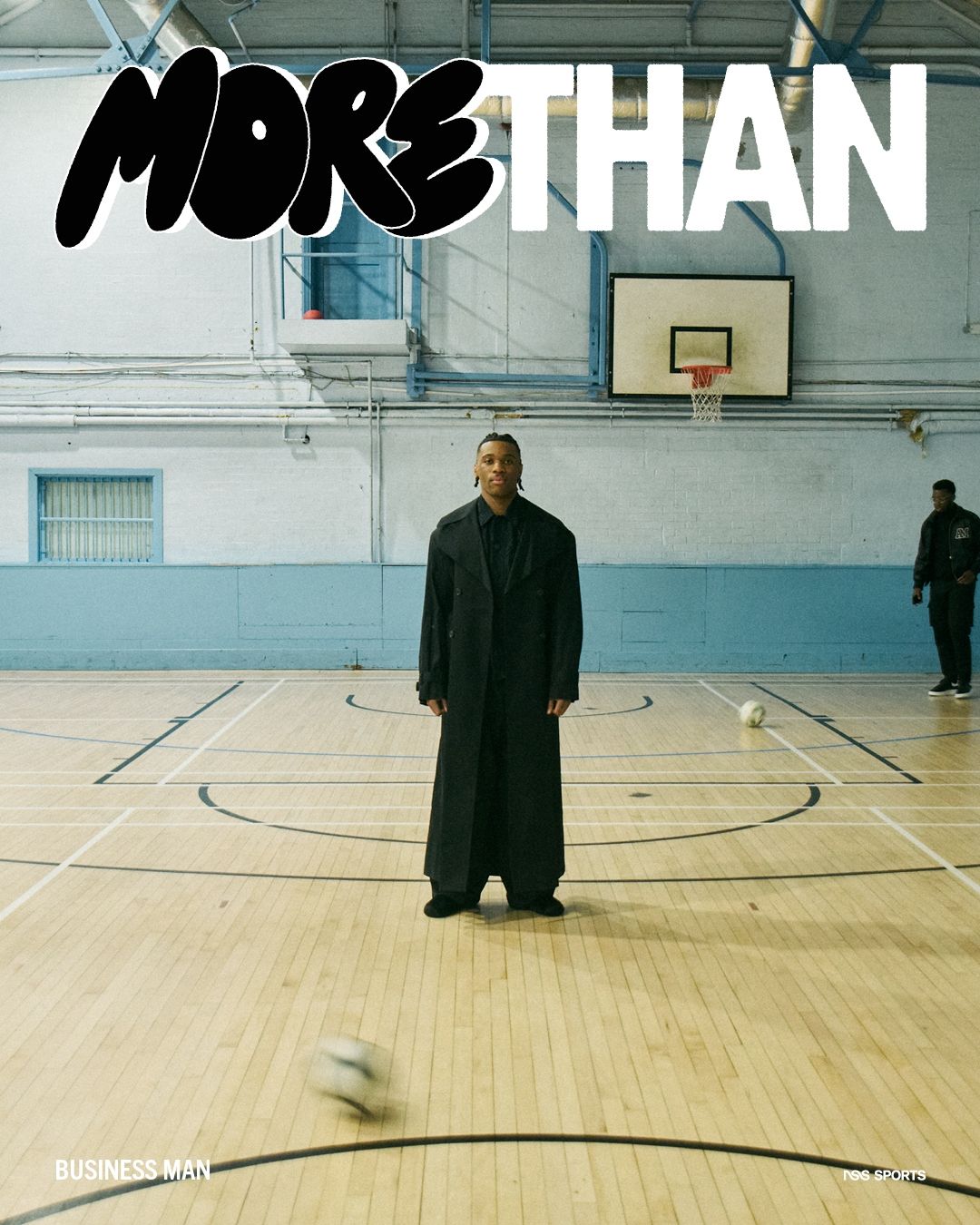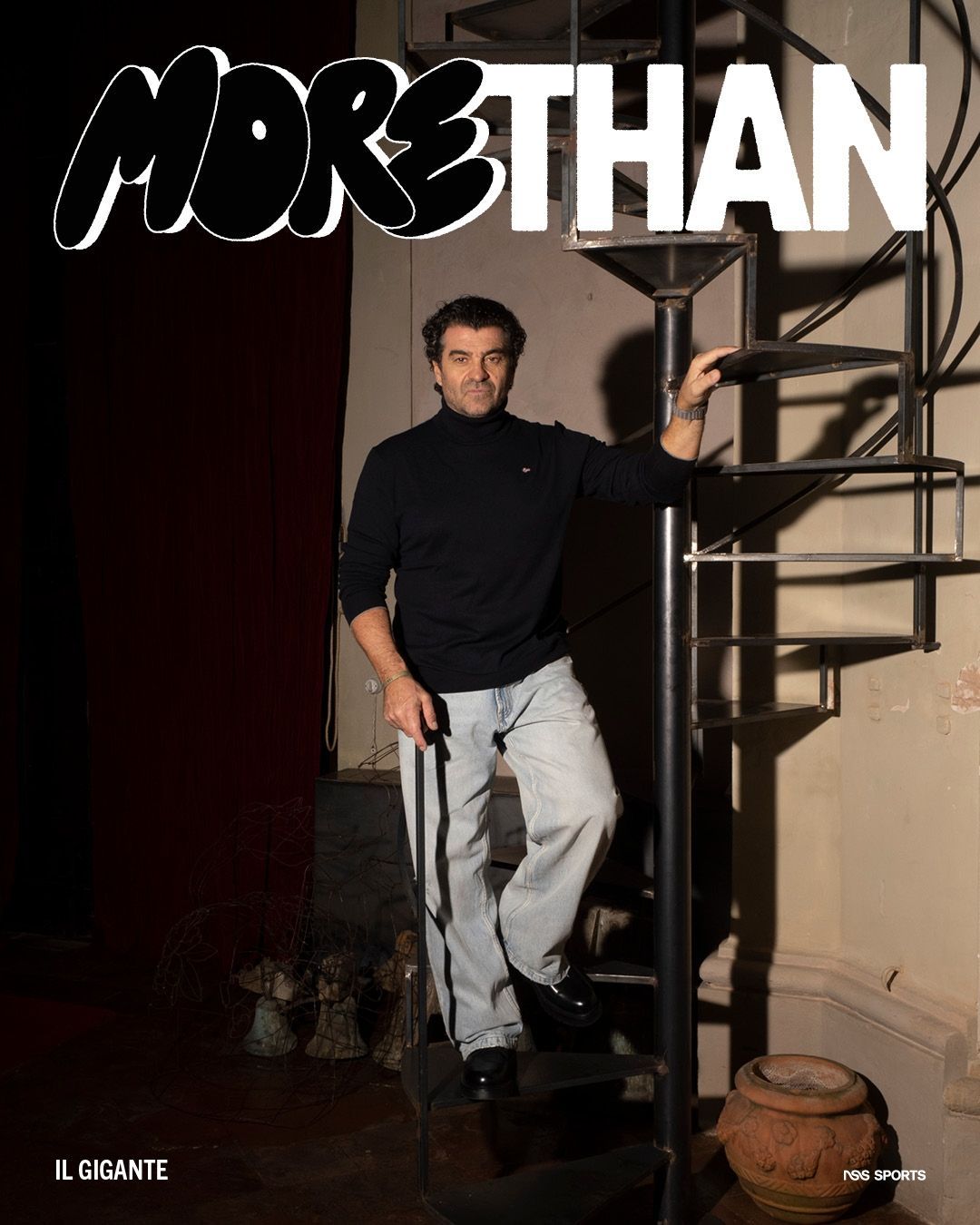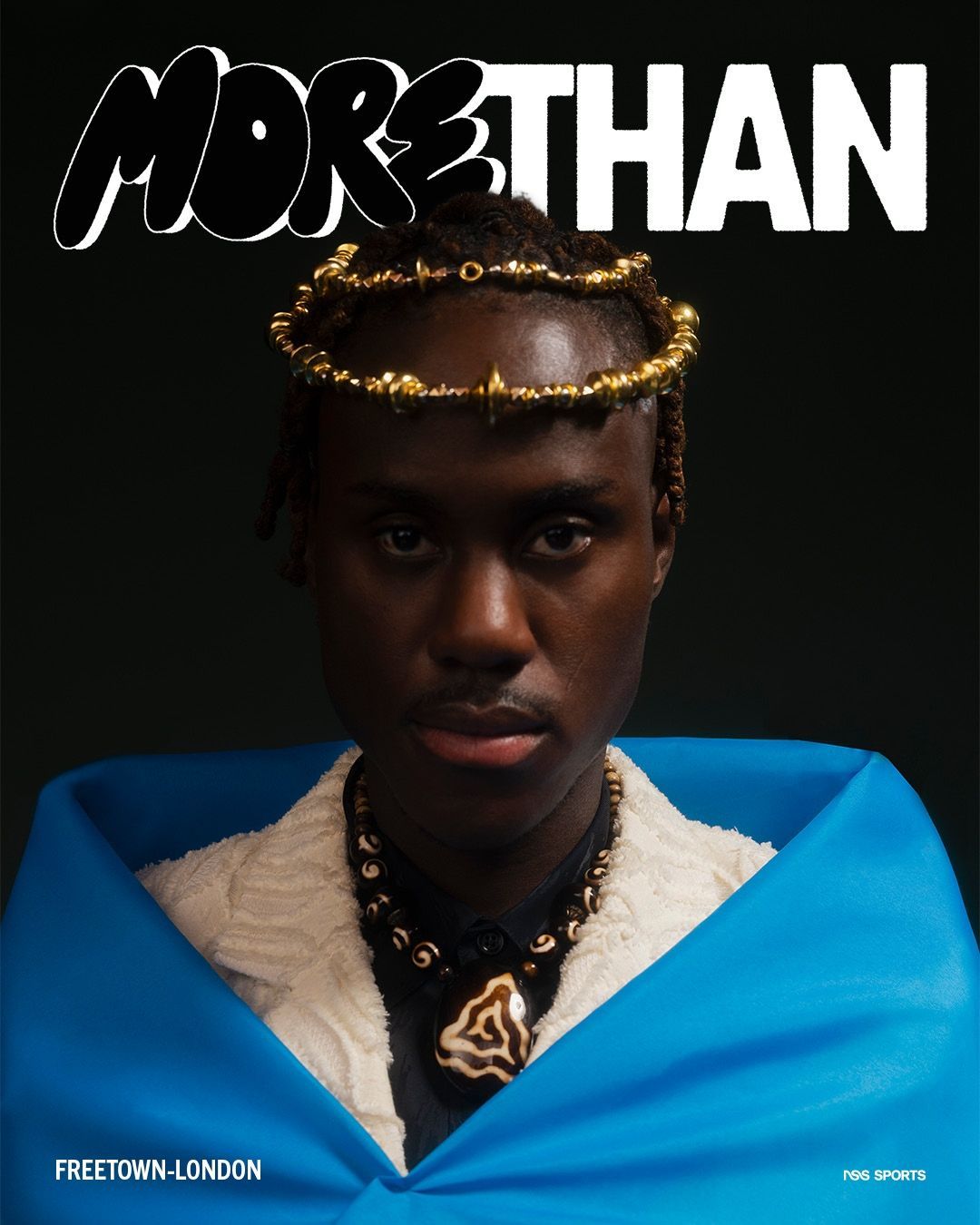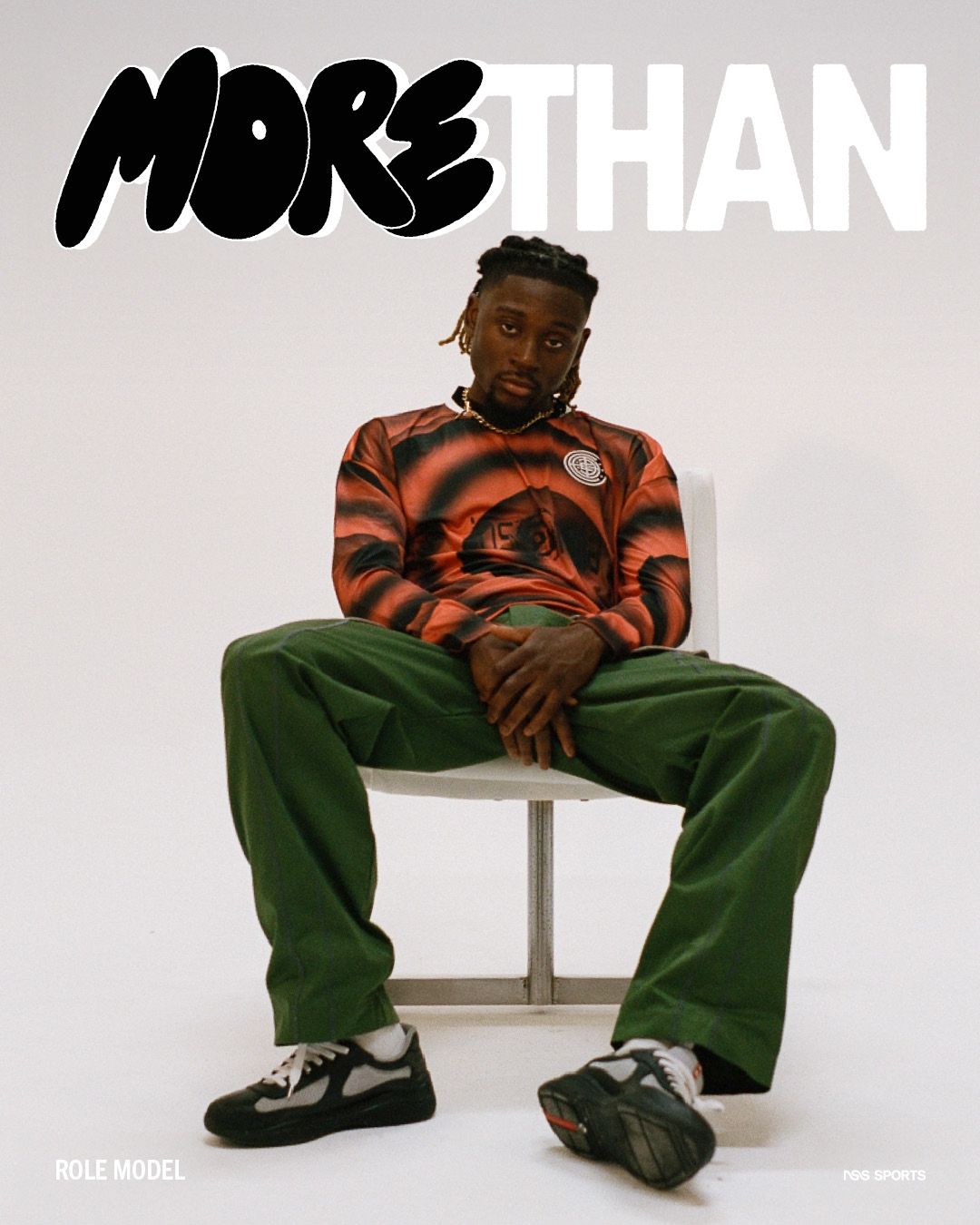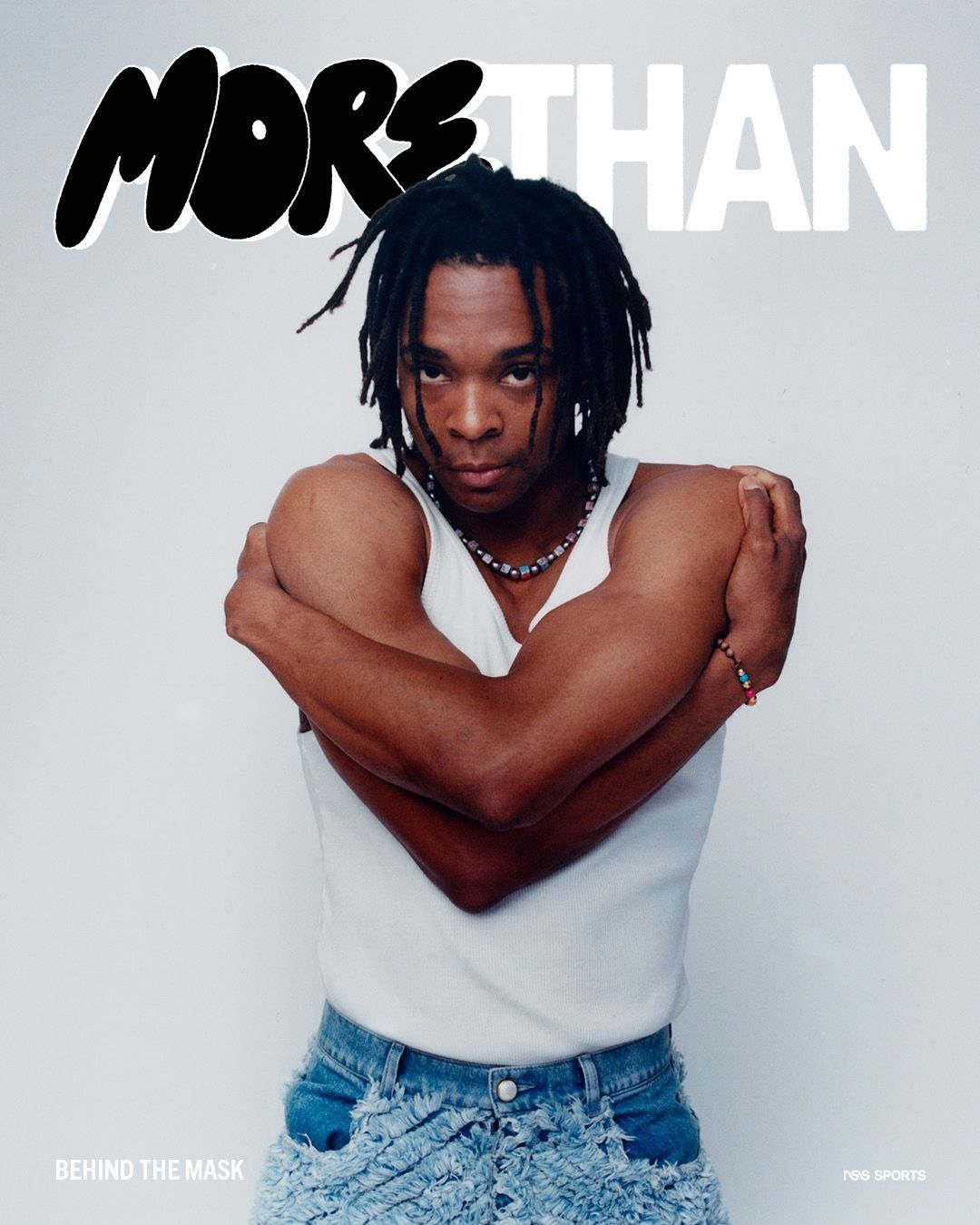
The new transfer market protagonists? The sports directors How media and fans have changed the perception of this role
There is a new figure dreamed of by football fans. Players continue to occupy the majority of fantasies when it comes to the transfer market, but for some years now there has been an off-field role that fuels discussions and ignites desires: the sports director. This is the person who, according to fans, is called upon to solve all of a team's problems with a magical touch. The man capable of turning a team's fortunes around by hiring the best coach. The executive who, thanks to his diplomatic skills, can convince a player to renew their contract and who, thanks to his scouting network, is able to discover an unknown phenomenon in some corner of the world. A politician who knows how to assert a club's reasons in the rooms where decisions are made. In short, the figure of the executive, regardless of the details of the role, has become central to football and as a result, the narrative surrounding those who hold this position has changed.
This line of thinking is dictated by the fact that the media now treat sports directors on par with players and can report on the details of a negotiation for weeks. In 2018, when Giuseppe Marotta left his position as CEO of Juventus, there was immediate talk of his next destination, which turned out to be Inter where he now holds the position of president. The summer of 2022 was marked by tensions between Napoli and Cristiano Giuntoli when the latter pushed to move to Juventus after a cycle of eight years culminating in the victory of the Scudetto. Today, one day yes and one day no, the opening headline of the most important sports newspapers is dedicated to Milan and the casting for the new sports director. But we are not facing a phenomenon exclusive to Italy. When Andrea Berta left his position at Atletico Madrid, there were daily updates for weeks on his move, which then happened, to Arsenal. Manchester United stole the show when they hired Omar Berrada, former Manchester City, as their new CEO. At Barcelona, there was a debate for weeks about whether Deco was the right profile to replace Mateu Alemany. The same situation was experienced at Bayern Munich with the dismissal of Hasan Salihamidzic and the subsequent hiring of Max Eberl.
This type of narrative has inevitably influenced the perception that fans have of sports directors. And in some ways, it can be considered the most extreme evolution. The transfer market is the topic that most stimulates the imagination of fans, so knowing that their favorite team can rely on an executive who is perhaps nicknamed "The Magician" or "The King of Free Transfers" is simply the quintessence of these dreams. A sort of superpower but also a double-edged sword because it pushes people to believe any transfer rumor, true or false, based on the reasoning that even the most unlikely of operations can come to fruition because the sports director knows the dark art of "negotiation" and will be able to pull off a surprise move. And if this stroke of genius does not materialize, hardly anyone will be disappointed because in the meantime, another name or a new negotiation will have already emerged where this magic can come to fruition. Of course, it is understandable to be satisfied when your team hires a competent executive, even though these skills are only described for decisions related to the transfer market and not extended to other areas.
But now we have arrived at a dimension of modern football on the verge of absurdity where a fan is happier about the hiring of a sports director than the acquisition of a new striker. The materialization of the vision of Jerry Krause, the historic General Manager of Michael Jordan's Chicago Bulls, who to assert his role in the most successful dynasty in the history of the NBA, stated: "Teams win titles, players and coaches alone cannot do it." A theory that, when applied to football and the current vision of a large portion of fans, can be translated as: players do not win trophies, sports directors do.



